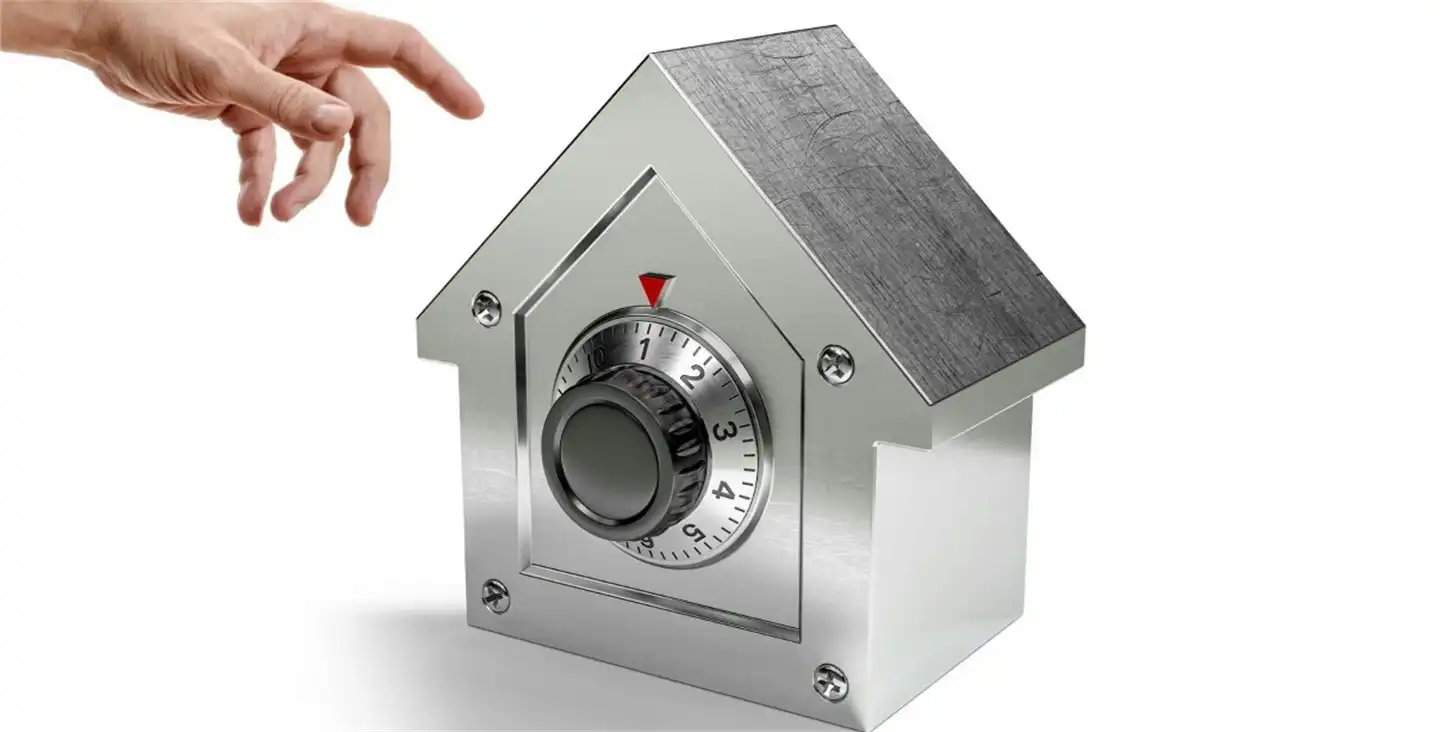
In the real estate world, people continue to talk about an alert published by the Boston Division of the Federal Bureau of Investigation. Its April alert flagged a spike in the improper use of quitclaim deeds.
Why the spike? Certainly more boomers are leaving their homes, making theft easier to carry out. And perhaps more people are financially desperate, and looking at deeds as easy money.
Realtor.com and the American Land Title Association both publicized the FBI Boston alert. And the New Hampshire Attorney General’s Office just issued a warning, noting that FBI Boston mentioned deed thefts in the state. Additionally, a data company that prevents false title recordings cites FBI Boston in its pitch asking brokerages to use its tools.
Finally, Maine has passed a deed fraud law, after several tries in the past.
Maine Anti-Fraud Law Passes
On May 27, 2025, Maine passed new legislation, forming a commission to deal with title thieves. The commission will now draft a report, to include:
- Recommendations for educating the public about deed fraud.
- Suggested methods for tightening identity verification rules pertaining to deed transactions, as well as penalties and remedies.
Maine has tried to do this before. This year, in light of the attention on fraud in the northeastern United States, they called it an emergency.
From 2019 to 2023, according to the FBI’s Boston Division, which handles real estate fraud in Maine, Massachusetts, New Hampshire, and Rhode Island, 58,141 victims reported losses amounting to $1.3 billion. Hundreds of improper deed transfers occurred in Maine.
The reality is so much more than numbers can express. The targets of deed fraud are “suffering deeply personal losses that have inflicted…shock, anger, and even embarrassment,” in the words of Jodi Cohen, the special agent representing the FBI Boston Division.
How Do Deed Fraud Criminals Operate?
As we all know, our property information is mostly an open book, and mostly online. Bad actors love to scour the public data. They especially seek out vacant land, empty homes, and properties without any mortgages or other liens (so there are no creditors to tip off once they make their moves).
Check out our take on whether borrowing against a home to put a lien on the title is an effective way to prevent deed fraud.
The FBI describes fraudsters as people who forge deeds so they can transfer ownership of a targeted home. Once they file a new deed with the county, swindlers take on the public appearance of the legal owner. They might decide to rent out empty homes, apply for loans, or even sell homes by impersonating the rightful deed holders.
Their deed of choice is typically the quitclaim. A quitclaim deed transfers ownership without a normal sale. It’s most often used among families, or close associates. (For normal sales, a warranty deed is appropriate, because it requires vetting of the chain of title.)
Sometimes, the Perps Know Their Victims
Seems we all need family members or friends to have our backs and to watch for shady dealings as we age. In a familiar and sad scenario, two sisters were sued after a deed was transferred away from a senior relative. The siblings held city administrative positions in Boston (paying six-figure salaries). A third suspect, the spouse of one sister, held the position of chief of staff for the Massachusetts Life Sciences Center.
The three, and a bank, face legal action for allegedly transferring a $1.1 million home from a senior with dementia into the name of a defendant’s LLC. This is simple to do with a quitclaim.
The civil suit filed with Suffolk Superior Court by the patient’s lawyer says one of the alleged perpetrators had “enveloped herself” in the senior’s affairs “under the guise of aiding and supporting” her elderly uncle as his health declined. The accused then pressured him to sign the quitclaim deed in return for less than $100, the lawsuit said.
The deed recipient then allegedly took out a mortgage on the property from Boston Lending Trust worth $2 million. The lender foreclosed, to remove the senior’s family from the home and take control of the home’s value.
All of the defendants were named in an effort to get the deed back to the senior’s family, “free and clear of all claims, mortgages, and encumbrances held by the Defendants.”
The Boston Herald brings up the case in light of the recent FBI Boston deed theft alert. The FBI warning picked up on a number of aspects in that civil suit, notes the Herald.
Can Real Estate Agents Protect Clients?
Yes. The FBI has a number of safety tips. For one, it suggests in-person identity verifications and closings where possible. Asking for physical papers that only the rightful deed holder would have (such as the current electric or tax bill) is a good fraud-prevention practice. A follow-up involves mailing a certified letter to the address associated with the property tax bill.
Be aware that some scammers get notaries in on the scheme. Occasionally, a notary is the scammer. Many perpetrators convince real estate agents to take their bogus listings and launder the deeds, by successfully selling the targeted homes.
ALTA urges agents to keep a close watch on the notarization. It recommends using a vetted and approved remote online notary, if authorized in the state of the transaction. Agents are advised to call the notary to confirm that the person named on the seal really witnessed and notarized the legal papers.
EquityProtect is a company that offers free record monitoring services to real estate brokers, so the brokers in turn can provide safeguards for their clients’ home equity. The company’s system “tracks all internet activity related to the property in real time.” EquityProtect double-checks deed changes to be sure it’s the rightful homeowner who’s authorizing them. So, clients are getting updates from their real estate agents containing the results of title monitoring by EquityProtect, under the brand and logo of the brokerage.
What Can Deed Holders Do Now?

The FBI has released a list of helpful tips, suggesting that we all:
- Set up online alerts for the address, including fraud alerts from the local county clerk’s office, if offered.
- Check the major real estate websites frequently, just to make sure a home is not being marketed.
- Visit remote properties. Otherwise, be sure someone is keeping watch on the property, the mail, etc.
- Act promptly on missing bills, sudden increases in utility or water charges, or a lack of property tax statements.
- Be wary of encrypted real estate sales through digital apps or platforms. Be aware that scammers may impersonate people at remote closings. Scammers now use AI for realistic impersonations when speaking to agents through remote technology.
Already dealing with the shock of a hijacked deed? The FBI urges you to contact its Internet Crimes Complaint Center and report the matter. Fast action can pay off. During the first 72 hours after a fraudulent transfer is initiated, the FBI can often stop the movement of funds and recover them for the victim.
Supporting References
Michele Lerner for Realtor.com, from the National Association of Realtors®: What Is a Quitclaim Deed and How To Avoid Fraud Scams as a Homeowner, According to the FBI (Apr. 14, 2025).
American Land Title Association (ALTA) Industry News: FBI Boston Issues Quit Claim Deed Fraud Warning (Apr. 10, 2025).
Jacob Gaffney for EquityProtect via BusinessWire.com: EquityProtect Partners with Real Estate Brokerages to Combat Title Fraud Share Brokerages (May 15, 2025).
Travis Andersen and Kayla Bartkowski for The Boston Globe via Globe.com: Officials at Boston Water Commission, MBTA Sued for Alleged Fraud in Family Real Estate Transfer (Boston Globe Media Partners, LLC; Sep. 27, 2024).
The Boston Herald, via BostonHerald.com: Boston Herald FBI Boston “Deed Fraud” Warning Resembles Water and Sewer Commission HR Director Civil Suit (MediaNews Group; Apr. 5, 2025).
Deeds.com: Modern Inconveniences: Remote Transactions and Deed Fraud (Apr. 11, 2025).
And as linked.
More on topics: Remote transactions and deed theft, Fraud alerts from First American Title
Photo credits: Public domain via Pxhere; and Cliff 1066 on Flickr via Wikimedia Commons, licensed under CC BY-SA 2.0 Generic.
